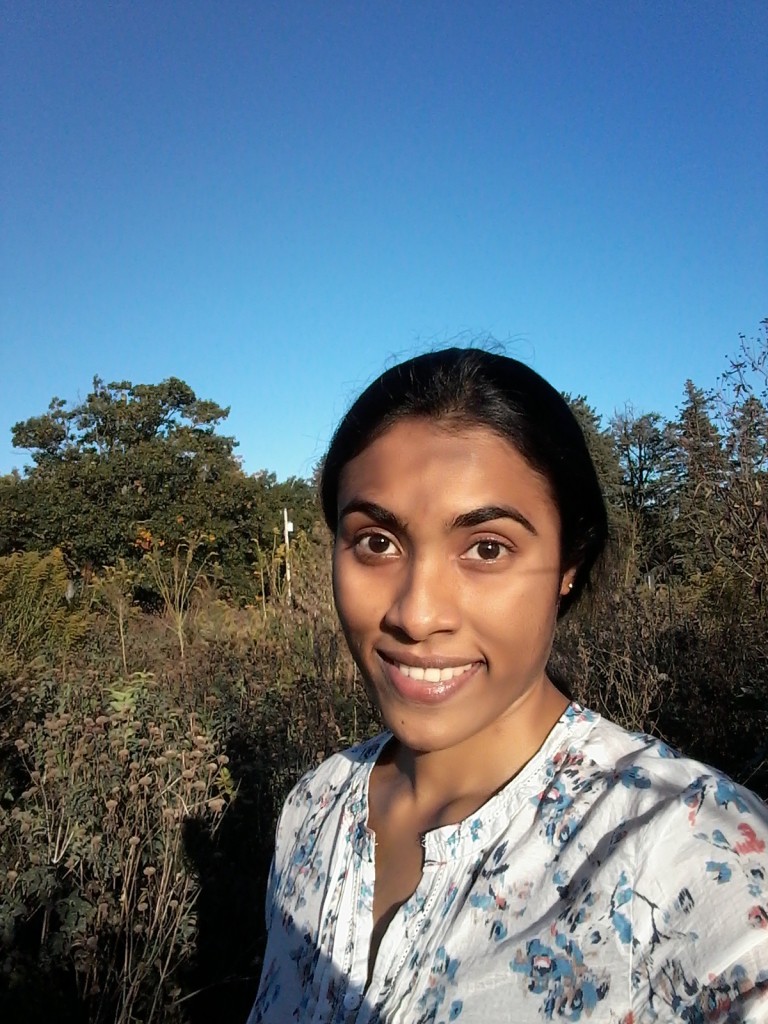Meet Our 2015 Wadsworth International Fellows: Suvanthee Gunasekera
 The Wadsworth International Fellowship provides the opportunity for students in countries where anthropological education is underrepresented to receive world-class training at a university abroad. In the final post of a series meeting this year’s cohort we meet Suvanthee Gunasekera. A native of Sri Lanka, Gunasekera pursued her undergraduate degree in Zoology at the University of Colombo and will begin work on a doctorate in Biological Anthropology at the University of Illinois at Urbana-Champlain.
The Wadsworth International Fellowship provides the opportunity for students in countries where anthropological education is underrepresented to receive world-class training at a university abroad. In the final post of a series meeting this year’s cohort we meet Suvanthee Gunasekera. A native of Sri Lanka, Gunasekera pursued her undergraduate degree in Zoology at the University of Colombo and will begin work on a doctorate in Biological Anthropology at the University of Illinois at Urbana-Champlain.
Although we never see them with the naked eye, microorganisms play an important role in shaping human biology. My fascination with human evolution and variation was ignited during my undergraduate studies in Zoology at the University of Colombo, Sri Lanka. I was intrigued by the role of microorganisms in the development of human physiology, and by how the immune system detects and responds to infectious agents.
An interest in the interactions between humans and pathogens was the stimulus to undertake an epidemiological study to detect Human papillomavirus (HPV) in oral and pharyngeal cancer patients where the results of the study suggested HPV as a strong aetiological agent in developing oral and pharyngeal cancer in Sri Lanka. This aroused my curiosity of how infectious agents cause cancers, how such pathogens are transmitted and why they are expressed so variably in infected humans. The project also prompted me to try understand the biological differences in human populations and to investigate the manner in which they have evolutionarily diverged at the level of the immune response.
Soon, it came to my realization that the field of Biological Anthropology would best suit my research goals. Now, it is my desire to be one of the few fortunate individuals studying host-pathogen interactions to better understand human evolution and to produce basic research that can be applied not just to Biological Anthropology/Human Evolutionary Biology, but can also be useful in the development of products and strategies to reduce the global burden of infectious disease. With a particular emphasis on questions relating to human immune system diversification and co-evolution with pathogens, I will conduct research that combines immunologic, genetic, cell biology and bioinformatic techniques to better understanding human evolution. I believe that examining how past pathogen outbreaks and life experience affect present day immune function variation in humans will not only enlighten the study of human evolution, but also help deepen the connection between Anthropology and fields concerned with modern day disease challenges in humans.